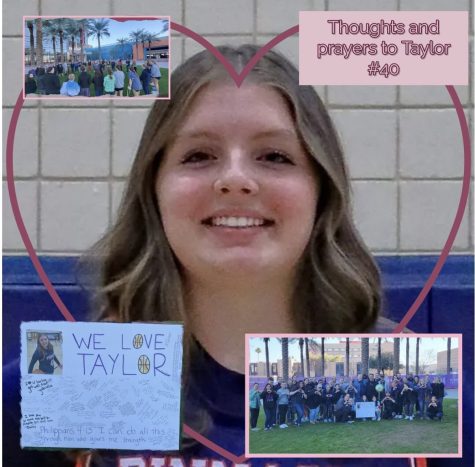The Rise of AI and ChatGPT
Revolutionizing Education in Schools
Artificial Intelligence (AI) emerges as a groundbreaking technology, revolutionizing various aspects of our lives, and education is no exception. One notable development in the field is ChatGPT, a school-introduced advanced language model that transforms the way students learn and interact with information. Since its introduction, AI and ChatGPT profoundly impact schools, paving the way for an exciting new era in education.
OpenAI developed ChatGPT, an AI-powered chatbot designed to engage in natural language conversations. ChatGPT has the ability to understand and generate human-like text, making it an invaluable tool in the classroom. It acts as a virtual assistant, supporting both teachers and students in various educational activities.
One significant advantage of ChatGPT is its ability to provide personalized assistance to students. It can answer questions, provide explanations, and offer guidance on a wide range of topics. Whether it helps with math problems, clarifies complex concepts in science, or assists in language learning, ChatGPT serves as a reliable and patient tutor available 24/7. This personalized support helps students learn at their own pace, fostering a more inclusive and adaptive learning environment.
Moreover, ChatGPT acts as a collaborative partner, encouraging students to actively engage in discussions. It stimulates critical thinking and problem-solving skills by prompting students to explain their reasoning and consider alternative perspectives. This interactive experience enhances student engagement and participation in the classroom, making learning a more dynamic and enjoyable process.
Teachers also greatly benefit from integrating AI and ChatGPT into the educational landscape. With the assistance of ChatGPT, educators can optimize their teaching strategies and streamline administrative tasks. The chatbot can assist in creating lesson plans, generating interactive exercises, and grading assignments, saving teachers valuable time and effort. This automation allows educators to focus more on personalized instruction and student support, leading to enhanced teaching effectiveness.
However, introducing AI and ChatGPT in schools brings some challenges. Critics raise concerns about the potential overreliance on technology, which could lead to a decreased emphasis on human interaction. They argue that students may heavily rely on AI for learning, diminishing the role of teachers. Additionally, issues related to data privacy and security have also been raised, as the chatbot collects and processes vast amounts of student data.
To address these concerns, it is crucial for schools and policymakers to strike a balance between the benefits of AI and the importance of human connection in education. While ChatGPT can provide valuable support, it should complement, not replace, the role of teachers. Maintaining a strong teacher-student relationship and encouraging collaborative learning experiences that incorporate both human expertise and AI assistance are essential.
In conclusion, the impact of AI and ChatGPT on schools has been significant since their introduction. These technologies transform classrooms into interactive and personalized learning environments, empowering students and teachers alike. By responsibly leveraging the potential of AI and ensuring its integration aligns with educational goals, schools can unlock a brighter future where AI serves as a powerful tool in the pursuit of knowledge and intellectual growth.





